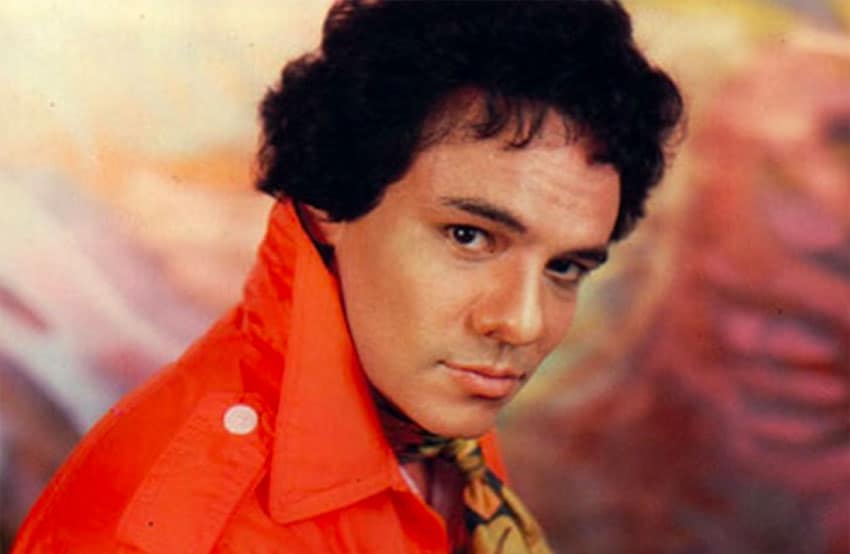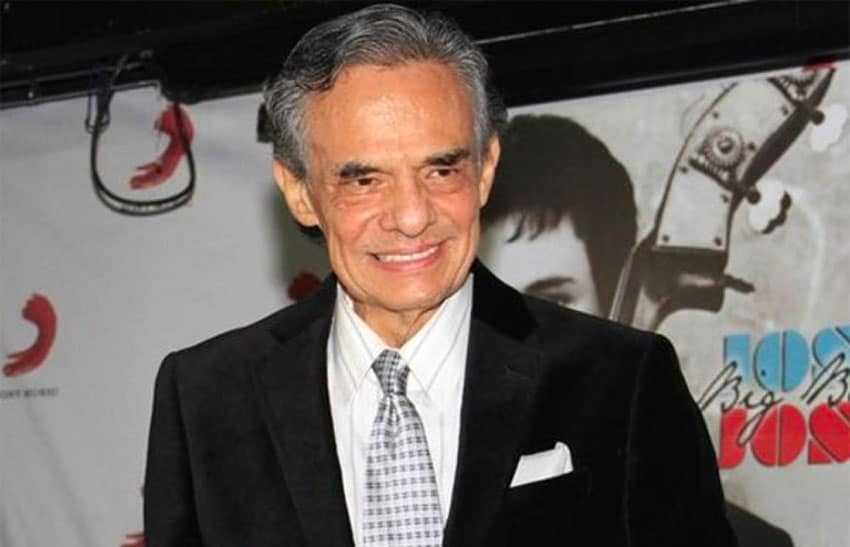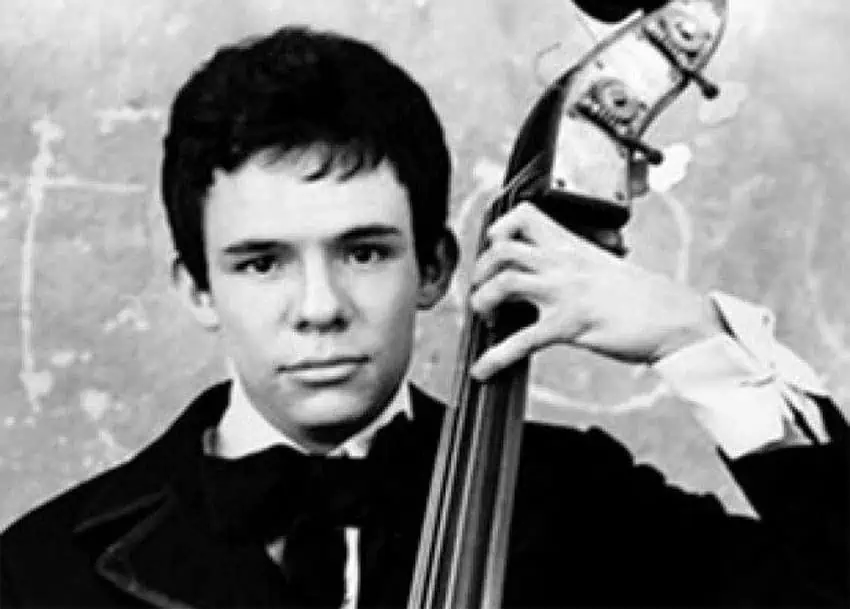José José, an acclaimed and widely-loved Mexican crooner who shot to fame almost 50 years ago died on Saturday in Miami, Florida.
The Secretariat of Culture announced the death of the singer, whose real name was José Rómulo Sosa Ortiz, describing him as “one of Mexico’s most loved voices.” He was 71.
José José, also known as the “Prince of Song,” was born into a family of musicians in Mexico City in 1948: his father, José Sosa Esquivel, was a tenor in the National Opera of Mexico; his mother, Margarita Ortiz Pensado, a concert pianist.
As a child, José José sang in his school’s choir and at the age of 15 formed a musical trio. As a young singer and musician, he would go on to perform in nightclubs and played double bass in a jazz and bossa nova group he formed.
The singer released his first solo album in 1969 under the stage name of José José, which he said was inspired by his father, who succumbed to a battle with alcoholism in 1968.

However, it was the singer’s rendition of El Triste (The Sad One) at the 1970 Latin Song Festival in Mexico City that made him a household name in the Spanish-speaking world.
The memorable performance also had a less desirable effect: like his father, José José became a heavy drinker soon after and battled alcoholism throughout much of his career.
But it didn’t stop him from achieving phenomenal success. José José sold more than 250 million albums and was nominated for nine Grammy awards, although he never took one home.
During the 1980s, the most successful decade of his career, José José sold two million copies of his hit album Secretos in the space of just a few weeks and he also starred in several films including the autobiographical Gavilán o Paloma (Sparrowhawk or Dove).
He achieved fame and acclaim beyond the Spanish-speaking world in countries such as Japan and Russia and in 2004, the “Prince of Song” won the Musical Excellence Prize at the Latin Grammy Awards.
His musical talent also caught the eye – and ear – of legendary American singer Frank Sinatra.

In an interview with Roberto Cantoral Zucchi, the son of the composer of El Triste, José José said that Sinatra told him he had seen his performance at the 1970 Latin Song Festival and thought he should have won (he placed third).
Three years after his introduction to the man who would become the “Prince of Song,” Ol’ Blue Eyes, as Sinatra was known, was at his office at his record label Reprise Records in Los Angeles, California, when he heard a José José song playing faintly on the building’s stereo system.
Sinatra demanded to be put into contract with the Mexican singer and soon after he proposed that the two record and release an album of duets.
José José accepted immediately but his record label, RCA Víctor, with whom he had an exclusive contract, refused to allow the collaboration with Sinatra to go ahead.
In his autobiography Esta Es Mi Vida (This Is My Life), José José said he became deeply depressed as a result of the situation and drank heavily for weeks while listening to Sinatra songs.
In the 2008 book, he opened up about his battles with the bottle, describing the troubles it brought him with his second wife Anel Noreña, the financial problems it created and the effects that heavy drinking had on his health.

José José separated from Noreña in 1993, with whom he had two children, and remarried in 1995 to Sarita Salazar, a Cuban he met while in an alcohol rehabilitation center in the United States. The pair had a daughter, Sara who was born in 1995.
Even though his health was deteriorating, José José continued performing throughout the ‘90s and into the 21st century.
Even several unsuccessful operations to repair his damaged vocal cords and a facial paralysis in 2007 didn’t put an end to his career, although it did make it very difficult for him to sing.
Greek composer and pianist Yanni said it took José José seven days to get ready “just to attempt to sing” before the pair performed at a concert together in 2008.
In a video posted to Twitter, Yanni said “that was an act of bravery on his part,” adding “he fought hard for every word, for every sound.”
In the end, it was complications from treatment for pancreatic cancer that finally spelled the end for the beloved singer, whose melancholic love ballads have been the soundtracks to countless people’s lives for the past half a century.
Fans of José José paid homage on the weekend by flocking to a park in the Mexico City borough of Azcapotzalco, where a statue in his likeness stands.
President López Obrador told reporters that he was saddened by the death and described José José as “an extraordinary singer from an era that, with his songs and his romanticism, made a lot of people from my generation cry and be happy.”
Source: Reuters (en), Milenio (sp), Infobae (sp), The Associated Press (en)
